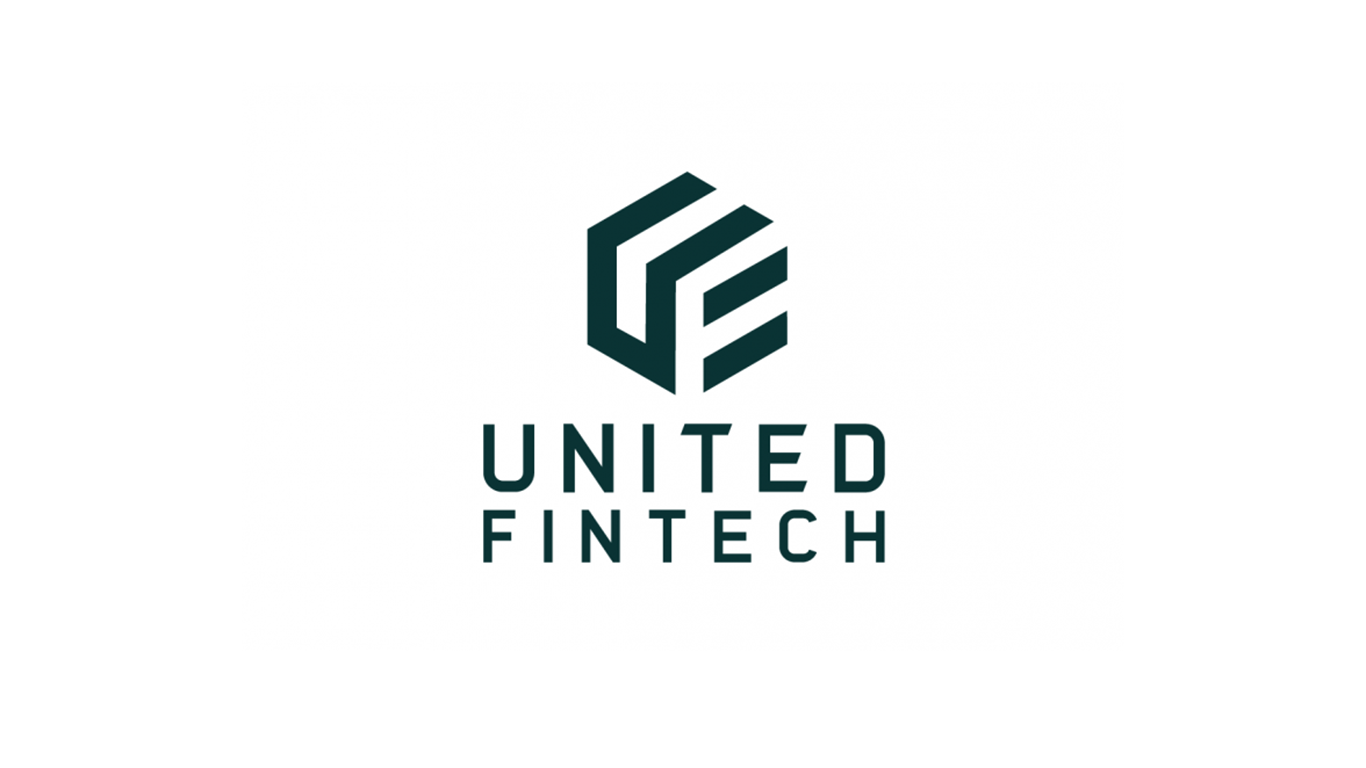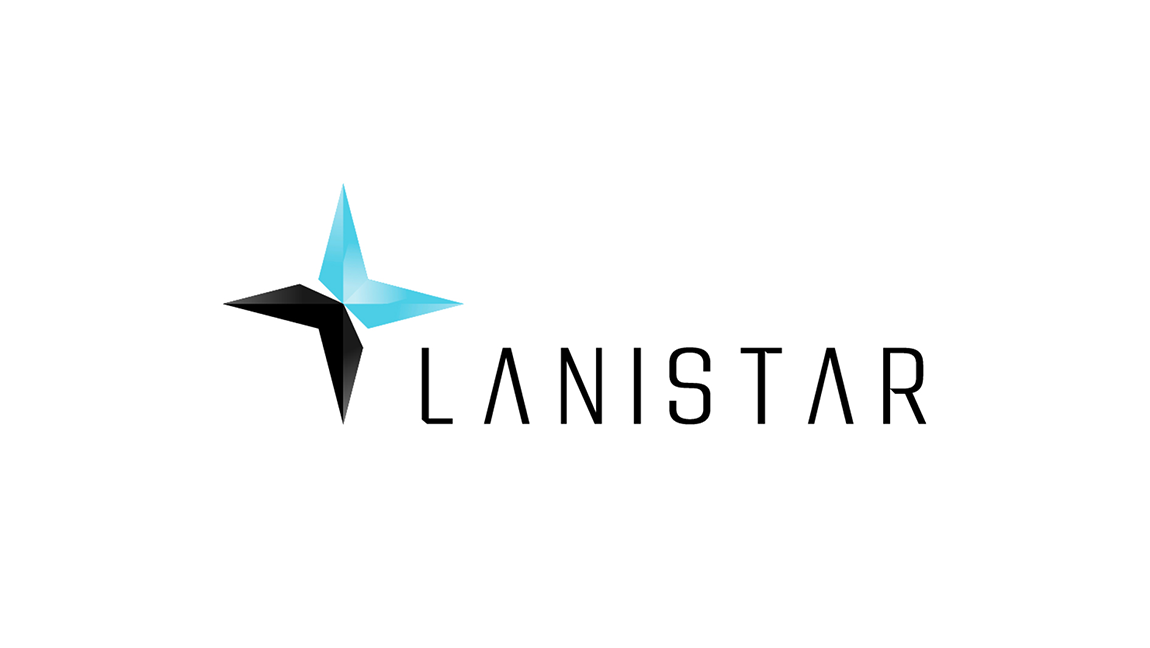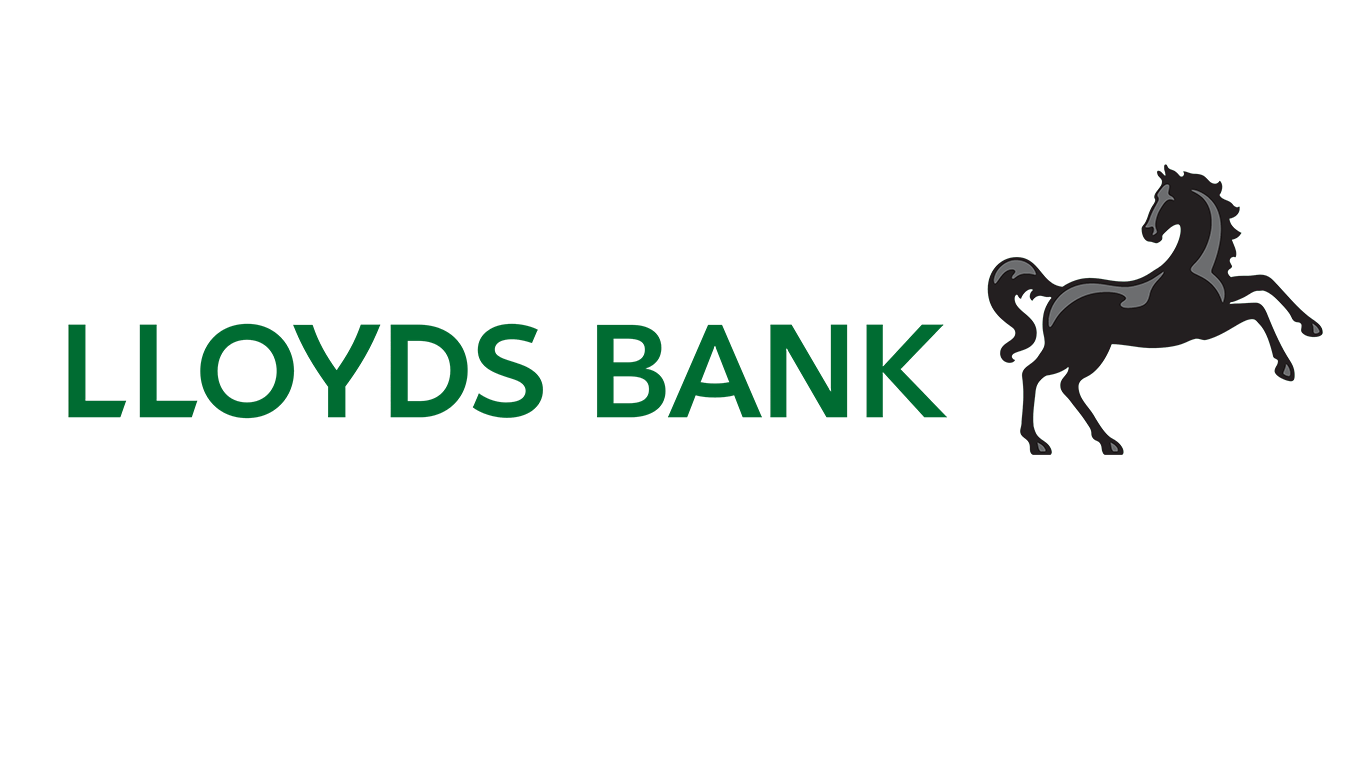Published
- 04:00 am

Temenos, today announced that Šiaulių Bankas, the largest independently-owned bank in Lithuania with over €4 billion in assets, has selected Temenos to modernize its core banking platform. Šiaulių Bankas will migrate its retail and corporate banking including trade finance to Temenos Banking Cloud, supporting the bank’s growing business needs with increased flexibility and resilience.
The move to Temenos core banking software-as-a-service (SaaS) is part of a strategic transformation at Šiaulių Bankas following the merger of its retail business with Invalda INVL. Šiaulių Bankas, which is under the joint supervision of the Bank of Lithuania and the European Central Bank, is a leader in SME and mid-cap enterprise financing in Lithuania. Powered by Temenos SaaS, the bank aims to double the number of business customers and private clients to reach 1 million customers by 2029.
Temenos SaaS enables Šiaulių Bankas to take advantage of a modern, cloud-native architecture and composable banking services to increase business agility and benefit from faster time to market, while also ensuring the highest standards of compliance and risk management on a trusted, secure and continuously updated service.
The core banking solution includes Temenos banking capabilities for Product and Pricing, Data and Analytics, Servicing of Accounts, Deposits and SME Loans, as well as Anti Money Laundering (AML). On Temenos Banking Cloud Šiaulių Bankas benefits from continuous updates, state-of-the-art security controls, resilience and high-performance Service Level Agreements.
Temenos core banking clients using its modern banking platform benefit from 24% higher growth and innovation share of their IT spend according to the Temenos Value Benchmark, an industry leading benchmark of 146 banks globally across all segments. Šiaulių Bankas participated in Temenos’ benchmark as part of its evaluation to better understand how to optimize its technology investments to drive business value.
Vytautas Sinius, Chief Executive Officer at Šiaulių Bankas, commented: “Our ambitious growth strategy requires a next-generation technology platform. We partnered with Temenos, a trusted SaaS provider for hundreds of banks, to benefit from its extensive experience and a broad set of composable banking capabilities. The new platform will enable us to move forward faster and to respond to evolving client needs quicker, delivering exceptional customer services and experiences.”
Mark Yamin-Ali, Managing Director - Europe, Temenos, said: “We are now seeing regulated traditional banks in Europe going to SaaS, not only fintechs and neo banks and delighted to welcome Šiaulių Bankas as our first client in Lithuania. Šiaulių Bankas is a significant systemic bank directly supervised by ECB and a strategic win for Temenos that demonstrate the trust in our SaaS offering. On Temenos Banking Cloud, Šiaulių Bankas can get to market faster with new solutions while also driving down costs compared to running legacy systems.”
Related News
- 04:00 am

BNP Paribas and Citi have become the first institutional investors in United Fintech Group Limited (“United Fintech”), a neutral Digital Transformation Platform, as part of a strategic investment round led by Citi. United Fintech is also in advanced talks with other leading strategic investors to join its transformative journey, signalling a broad industry shift towards collaborative fintech innovation.
Rotating board seats and quarterly industry roundtables
As part of the deal, two rotating board seats will go to BNP Paribas and Citi. The unique governance model allows institutional investors to contribute to the platform’s strategic direction. United Fintech has committed to host quarterly industry roundtables on shared challenges and innovation to facilitate industry dialogue and foster a collaborative ecosystem where pooling resources and ideas will enable financial institutions to accelerate their leap into the digital era.
“To BNP Paribas, it is all about trust in the validation of fintechs, ensuring they meet the highest standards of excellence and offering a robust ecosystem for innovation. Managing to combine the best of both worlds, we see this as the beginning of a new era where industry participants can grow together”, says Junaid Baig, Head of Strategic Investments & Co-Head of Strategy with BNP Paribas Global Markets.
“Procuring specialist fintech firms is increasingly challenging for large institutions. United Fintech's neutral Digital Transformation Platform fills gaps in the market, complements our overall offering, and drives market innovation through collective efforts,” says Ayesa Latif, Global Head of Foreign Exchange Products at Citi.
CEO: Investments demonstrate “forward-thinking leadership”
Founded in 2020 by CEO Christian Frahm, United Fintech has rapidly expanded to employ over 160 people across 8 countries. The investment round is a major milestone that United Fintech expects will facilitate further backing from strategic investors:
“More than a significant milestone for United Fintech, the backing of Citi and BNP Paribas is a testimony of forward-thinking leadership. As momentum builds, we project that more financial institutions will soon follow: Our vision of a neutral industry platform for digital transformation, to swiftly enable access to the world’s most innovative fintechs, is shared by every single C-level executive we’ve spoken with for the past four years, and their support energises our pursuit of a unified ecosystem”, ends United Fintech CEO Christian Frahm.
Related News
- 01:00 am

Visa, a leading global payments technology company, and the GSMA Mobile for Development Foundation (GSMA Foundation) announced the launch of the Digital Finance for All (DFA) Initiative, furthering Visa’s decades-long efforts to increase access to the global economy for everyone, everywhere. This five-year initiative aims to advance digital financial inclusion for 20 million individuals, including women, small holder farmers (SHF), and nano, micro and small enterprise (NMSE) owners across low- and middle-income countries in Africa, Asia and Latin America.
While digital payments use by adults in low- and middle-income countries is up 66% from 20141, women, SHFs, NMSE owners and globally displaced individuals continue to face barriers accessing the digital economy. Women in low- and middle-income countries are 20% less likely than men to hold a formal financial account2 and more than 30% of the world’s food is produced by SHFs3 yet most have limited or no access to formal financial services like credit, loans, savings, or insurance4.
“At Visa, we believe that digital payments are critical to including everyone in the digital economy by helping provide access to economic livelihood,” said Chiagozie Nwabuebo, Vice President of Global Growth & Social Impact, Visa. “Together with the GSMA Foundation, we seek to empower those in underserved communities across the world and provide equal access to help build better financial futures for all.”
To help improve financial health, the DFA will:
- Deliver financial education resources through a jointly developed mobile financial literacy toolkit that enables easy delivery and scaling across markets to help enable successful access to and participation in mobile money services;
- Develop joint research through the Visa Economic Empowerment Institute (VEEI) and the GSMA Foundation focused on financial inclusion, advocacy and product innovation for women, SHFs, NMSEs and globally displaced individuals;
- Digitize SHFs and NMSEs to support their adoption of digital financial services to enable their resilience and growth; and
- Support meaningful financial inclusion and well-being for refugees and the communities who host them.
“Mobile money can play a transformative role in advancing financial inclusion and resilience for the nearly 2 billion people who remain unbanked globally. However, poor digital and financial literacy is a key barrier to accessing digital financial services, especially for certain population segments like women, farmers and micro-merchants,” said Ashley Olson Onyango, Head of Financial Inclusion and AgriTech, GSMA. “We are very excited about our partnership with Visa enabling us to further drive economic empowerment and support millions of users to access life changing financial services.”
Related News
- 05:00 am

Levr.ai, the cutting-edge intelligent loans software platform, is proud to announce successfully raising another $1 million in additional funding, building on the momentum of its previously announced funding in 2023. This brings Levr.ai’s total funding to over $2.5 million. The latest investment comes at a crucial time for small businesses, to have innovative debt capital solutions, access to capital for entrepreneurs and control over their business finances.
This seed funding comes by way of follow-on investment from Weave VC and Sprout VC as well as several new investors. The $1 million injection of funds demonstrates investor confidence in Levr.ai’s mission, but also signifies a commitment to empowering small business owners with the financial tools and AI support to thrive in an increasingly challenging economic environment.
Mark Mitchell, General Partner at Weave VC says “Weave VC has been an early believer in Levr.ai’s mission and team, investing in both its pre-seed and seed rounds. The team continues to deliver innovative products with early market traction for thousands of SMBs, demonstrating the urgent need for Levr.ai in the market. We’re thrilled to continue to back Levr.ai as they make it easy for millions of small businesses across Canada and the United States to get capital they need.”
Levr.ai now powers over 2,000 small businesses across Canada and the US, with 30% of all traffic coming from the US as expansion begins stateside. A free Levr.ai account gives business owners visibility to lending options from over 40 strategic partners. All of these businesses have been onboarded to Levr.ai in the last 12 months. This explosive growth highlights the demand for businesses to understand and access capital.
Levr.ai is a game-changer in the world of small business financing poised to take advantage of AI—and be at the forefront of the AI wave. Built on cutting-edge artificial intelligence (AI) and machine learning (ML) algorithms, its proprietary recommendation engine streamlines the lending process making it faster, more accessible and transparent than ever before.
Key features of Levr.ai’s free intelligent loan platform:
- AI Smart Decision-Making: Levr.ai utilizes AI to power its advanced algorithms and data analytics to suggest lenders, loan types, and the likelihood of success with each. This enables faster and more accurate borrowing and lending decisions for both SMBs and lenders.
- Data-based Tailored Funding Solutions: Small businesses can benefit from customized loan packages designed to meet unique needs, while being scanned through 40+ lenders based on their inputs or by connecting accounting and banking data.
- Automation adds Speed and Efficiency: Levr.ai’s platform expedites the lending application process with AI and APIs autocompleting applications to reduce the time it takes for small businesses to secure funding and put their growth plans into action and reduce friction for financing.
Small businesses continue to grapple with limited access to capital, hindering their growth potential for 2024. According to research published by the Bank Policy Institute (BPI) as of 2021 over 80% of loans are facilitated outside of traditional banks. Kaylan Pepin, co-founder and CEO believes “by harnessing the power of artificial intelligence and data analytics, Levr.ai is empowering entrepreneurs with accessible and tailored funding solutions to drive business growth at a critical time. We are building AI for the small businesses that big banks struggle to service and tech startups often ignore.”
Levr.ai is committed to driving positive change in the small business lending landscape, and the recent $1 million investment positions the company to expand its reach and impact to millions of more businesses in Canada and the US. By providing access to intelligent loan solutions, Levr.ai is empowering small business owners, catalyzing economic growth, and fostering a more resilient and dynamic entrepreneurial ecosystem.
Related News
- 06:00 am

FWD Group Holdings Limited today announced it is extending its partnership with Microsoft with a four-year agreement to provide access to the latest generative artificial intelligence (AI) innovations while continuing to support FWD’s cloud-first technology strategy.
FWD Group plans to drive its generative AI initiatives by leveraging Microsoft’s Azure OpenAI Service and other enterprise-grade innovations. FWD Group expects to benefit from the private networking, monitoring, and security capabilities of Microsoft Azure as well as its advanced AI models.
Ryan Kim, Group Chief Digital Officer of FWD Group, said, “Digital innovation has always been core to FWD’s vision of changing the way people feel about insurance. This collaboration marries FWD’s pioneering spirit in Asia in some of the fastest-growing insurance markets in the world, with the global scale and skill that Microsoft brings in engineering and AI.
“We’re excited to harness more next-generation innovations to develop new industry use cases and standards that we believe will shape the insurance journey of the future.”
FWD Group is working to enhance the customer experience and its operations in areas like acquisition, marketing, channel and agent performance, underwriting, claims, and customer service. The company is also an early adopter of Copilot for Microsoft 365, an AI companion that supports employees in their day-to-day work.
Bill Borden, Corporate Vice President of Worldwide Financial Services, Microsoft, said, “AI is driving transformation across the financial services industry, opening new opportunities for innovation and business growth with agility and at scale. We are thrilled to strengthen our AI partnership with FWD by offering Azure OpenAI Service and Copilot for Microsoft 365 capabilities to enable world-class customer experiences and operations securely and responsibly.
“As a pivotal player in the global financial landscape, the Asia Pacific region stands out for its dynamism and adaptability, fostering continuous growth and driving innovation. We are committed to empowering our customers in the region with generative AI capabilities in a responsible way. With Microsoft’s enterprise-grade AI advancements, we are helping the financial services ecosystem accelerate innovation to drive operational efficiency and greater value creation to customers.”
Related News
- 03:00 am

Our reliance upon cashless transactions has evolved over recent decades. From reserving the credit card for ‘big purchases’ such as holidays, to us now tapping our cards daily during our commute to and from the office. The mass ditching of cash across retail outlets during the pandemic can be seen as a watershed moment for the cashless economy.
The development of mobile/contactless payments has accelerated the abandonment of cash across the UK, resulting in the increasingly influential Generation Z entirely literate when it comes to these solutions and Millennials also embracing the advancements. Despite the advancements in technology, some still resist the adoption of cashless solutions and would prefer to see a return of cash into our spending habits. Recently, MPs have been applying pressure to preserve access to free-to-use ATMs as ‘millions’ of people still rely on regular cash usage across the UK.
Jeremy Baber, CEO of Lanistar, comments: “On the whole, the shift of reliance from cash to contactless has been a welcomed one. No longer having to wait for our change to be counted out or worrying about where you left that crisp £20 note are just two of the everyday advantages a cashless economy provides.
“Partnering with a trusted and reliable payment provider is the safest way to store and spend your money. From a security perspective, misplacing or having cash stolen often ends in a loss. Replacing cash with a payment card in this scenario and the user can easily freeze or even cancel the card – significantly reducing the loss risk but with only a minor inconvenience.
“Another tick in the pro column for pro-cash advocates is the security around cash. Yet cash is much more difficult to trace compared to digital payments. When taking down organised crime or attempting to trace suspicious payments, cash provides no help for authorities. The paper trail provided by payments within a cashless economy goes a long way in helping track down and identify criminal activity.”
It is estimated that non-cash transactions will surpass the 2.7 trillion mark by 2027. With an uptick in adoption and investment in advancing technology, the digital payments sector is set to be increasingly sleeker and more secure.
Baber continues: “Building the level of trust which has been achieved across the digital payments sector can be credited to the advancements in security. More specifically, measures such as biometrics and in-app authentication have bolstered the security credentials for customers to have better peace of mind making the switch to cashless.
“The benefits of a cashless economy are there for all to see, but there remains resistance. Recent data shows that cash usage ticked up in the year ending September 2023 – following a decade of decline. Cash usage remains attractive for certain demographics, particularly with older spenders. Therefore, it is important to reassure those who prefer cash that digital is a safe and secure method to spend and store our money.”
Baber concludes: “This is not a call to eradicate cash usage across the country. Rather, with an increasingly digital and contactless economy, it is important to assure those who are resistant to digital that this evolution is progress for the better.
“As advancements in the offering continue to develop, storing and spending money digitally will become increasingly seamless and secure for users and merchants.”
Related News

Laurynas Gruzinskas
Head of Product at Coresignal
In today's data-centric landscape, the web is a goldmin see more
- 04:00 am

Thredd, a leading modern payments processor serving clients globally, has seen an atypical early-year uptick in debit and prepaid payment transactions.
Both in terms of month-over-month and year-over-year (YoY) growth, volumes have grown across several business verticals. Overall, organic transaction growth for January 2024 vs. the same period in 2023 is up 18% while BNPL, Corporate Spend Managers and B2C Retail providers achieved even more significant increases. This growth trend is continuing into February.
Typically, across the payments ecosystem debit and prepaid payment transaction levels tend to be their lowest in January and February following end-of-year shopping as consumers and organizations tighten their spending belts. Last year, at the beginning of what proved to be the Fintech Winter of 2023, January and February transactions took a more significant downturn than usual from December levels. In contrast, in January 2024, Visa and MasterCard debit and prepaid transactions processed at Thredd have been steady against December levels and much higher than in the same period of 2023.*
Also of note are the industries that have performed best in January 2024. Specifically, BNPL providers on the Thredd platform saw a 58% increase in volume over January of 2023. Furthermore, this sector has grown threefold since January 2022.* Throughout 2023, there has been industry speculation that BNPL may have peaked, but the performance of Thredd’s clients belies this prediction; BNPL is here to stay. Consumers are voting with their wallets that BNPL fills a unique spot between revolving credit and debit.
The B2B payment providers segment also saw transaction growth of 22% YoY. This group includes accounting and corporate spend management organizations that are addressing the growing need for simplified payouts and disbursement.
In the B2C space, offerings that provide consumers with a reward component for their spending were the winners. While digital bank clients showed climbing transactions over the same period 2023, they were outperformed by these speciality offerings. Some examples include retail spending rewards, charitable giving, and travel-specific incentives. As a whole, this segment grew by 26%, with a handful of growing providers adding more than 1 million transactions in January 2024 vs. January 2023.
Remarking on these recent findings, Jim McCarthy, Thredd CEO, said, “While there are always several factors that can contribute to payment growth trends, the segment-specific improvements underscore the traction of digital payments in both the B2B and B2C space. Our 2024 growth to date continues the upward trend seen in the second half of 2023.”
“Another contributing factor,” added Ava Kelly, Chief Product Officer, “is the rising popularity of virtual and one-time-use cards in the market. Corporate payors of all types—from travel management to gig economy payors--have embraced the flexibility of these digital wallet-based options.”
While February is not yet in the books, all average daily transactions in February are up 8% over January—a strong indicator that the growth trends are likely to continue.
“We may not be able to predict future transactions or spend patterns, but this early year volume performance is certainly a positive indicator for 2024 fintech payments programs,” concluded Jim McCarthy. “There is clearly opportunity for innovative organizations who are looking to improve the spending experience for both corporates and consumers.”
*Transaction comparisons are based solely on the organic growth of clients processed by Thredd throughout all periods.
Related News

Barley Laing
the UK Managing Director at Melissa
With a growing number of fintechs competing with legacy banks, it is becoming much more difficult for financial institutions to stand out in a crowded, increasingly onl see more
- 01:00 am

Lloyds Bank has become the first UK bank to join the WaveBL electronic trade documentation platform, unlocking new trade efficiencies and sustainability benefits for its clients by using electronic Bills of Lading (eBLs).
Bills of Lading are a critical document in international trade. They are issued by a carrier when a seller dispatches goods to an end customer, and act as a ‘receipt’ for the goods being shipped. Once payment – or agreement to pay at a future date – for the goods is received, the Bill of Lading is released to the buyer so they can claim the product on arrival.
The vast majority of Bills of Lading are currently in paper form. Through this new partnership, Lloyds Bank’s clients will now be able to securely and seamlessly transfer fully digital, blockchain-based eBLs between organisations on the WaveBL network, which boasts members in 136 countries and includes four of the world’s ten largest container shipping carriers.
The system means eBLs will be able to be passed between parties in minutes, compared to days for paper versions. It will also eliminate the risk of forgery, loss and theft of paper versions and reduce the environmental impact of Bills of Lading by removing the need for paper product and a physical document transfer process.
The partnership with WaveBL comes as part of Lloyds Bank’s continued commitment and innovation in driving trade digitalisation and follows it becoming a signatory to the Future of International Trade (FIT) Alliance’s electronic Bills of Lading (eBLs) declaration in October 2023.
The FIT Alliance – founded by the Baltic and International Maritime Council (BIMCO), the Digital Container Shipping Association (DCSA), the International Federation of Freight Forwarders Associations (FIATA), the International Chamber of Commerce (ICC) and Swift – aims to raise awareness and accelerate adoption of a standards-based electronic bill of lading (eBL) across all sectors of the shipping industry.
The declaration signifies support for the goal of driving digitalisation in international trade, to deliver 100% global uptake in eBLs by 2030.
Rogier van Lammeren, head of trade and working capital products at Lloyds Bank, said: “Paperless trade is the future, with tremendous benefits on offer in terms of economic growth, increased efficiency, reduced risk and environmental sustainability.
“Collaboration and innovation are two of the key factors that will drive and support greater adoption. This new partnership with WaveBL is an example of both in action. Our clients now have easy access to a global platform for eBLs to complement our existing suite of digital trade documentation solutions – enabling them to capitalise on opportunities quickly and securely, while reducing their impact on the environment.”
Ofer Ein Bar, VP financial institutions, WaveBL, said: "Corporates are looking to prioritise digital trade solutions, and financial institutions have been looking at how they can meet this demand. Our partnership with Lloyds Bank, an industry leader in trade digitalisation, represents a strategic leap forward for banks to support corporates as they digitalise, while enhancing customer satisfaction."
The partnership with WaveBL is the latest in a series of digital trade finance initiatives unveiled by Lloyds Bank.
In September 2023, Lloyds Bank completed the first transaction under the UK’s Electronic Trade Documents Act (ETDA) – a pioneering piece of legislation that gives electronic Bills of Exchange, Bills of Lading and other commercial documents the same legal footing as paper documents.
The transaction was completed for Matalan Retail Ltd. A digital promissory note was issued by Matalan to accept liability when settling a documentary collection for the purchase of garments from one of its suppliers. Through the technology, the key documents arrived two days earlier than they would have, if the promissory note had been concluded on paper.
In 2022, Lloyds Bank also completed the UK’s first digital promissory note purchase under the International Trade and Forfaiting Association’s (ITFA) Digital Negotiable Instrument Initiative using a contractual law pre-cursor to the ETDA. The ‘pilot’ transaction was initiated and completed within a day and involved the sale and purchase of land worth £48m between several UK businesses.









